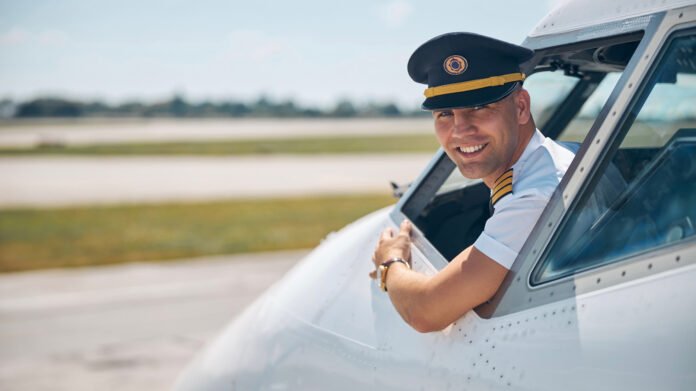Becoming a pilot is an exciting journey that requires a combination of training, education, and hands-on experience. Whether you’re aiming for a career in commercial aviation or dreaming of flying privately, there are essential steps and knowledge areas you’ll need to focus on. This guide will outline the basics of what you need to learn to achieve your goal.
Understanding the Basics of Pilot Training
To start, you’ll need to understand the fundamental requirements and types of training available. Aspiring pilots typically need to complete a series of courses that cover both theoretical and practical aspects of flying. This includes understanding aerodynamics, navigation, meteorology, and aircraft systems.
Enroll in Aviation Courses
One of the first steps in becoming a pilot is enrolling in aviation training programs. Courses that focus on airport management are particularly beneficial, as they provide a comprehensive understanding of airport operations and management. In Neemuch, several institutions offer specialized Airport Management courses, which can be an excellent foundation for a career in aviation. These courses will cover essential topics such as airport safety, regulations, and operations.
Choose the Right Flight School
Selecting a flight school is crucial for your training. Look for schools that offer comprehensive pilot training programs. In Neemuch, you can find reputable flight training centers that provide a range of programs to suit your needs. It’s important to choose a school that has experienced instructors and a good track record of successful graduates.
Get the Necessary Licenses and Certifications
To become a licensed pilot, you must obtain various certifications, such as a private pilot’s license (PPL) and an instrument rating. As you progress, you may also aim for advanced certifications like an airline transport pilot (ATP) license. Each of these certifications requires passing specific exams and accumulating a certain number of flying hours.
Gain Practical Experience
Hands-on experience is a critical component of pilot training. This involves flying under the supervision of experienced instructors and logging flight hours. Practical training helps you apply the theoretical knowledge you’ve gained and develop the skills needed to handle real-world flying scenarios.
Stay Updated with Industry Trends
The aviation industry is constantly evolving, and it’s essential to stay updated with the latest developments. This includes changes in regulations, technology advancements, and best practices in flight safety. Engaging with industry resources and attending aviation seminars or workshops can help keep your knowledge current.
Explore Additional Training Opportunities
For those interested in specializing or advancing their careers, additional training may be beneficial. For instance, courses offered at the Top Airlines Center in Neemuch provide advanced insights into airline operations and management, which can be valuable for those pursuing a career with major airlines.
Conclusion
Becoming a pilot requires dedication, extensive training, and a commitment to learning. By enrolling in relevant courses, gaining practical experience, and staying informed about industry trends, you can work towards achieving your dream of flying. With the right education and training, you’ll be well on your way to a rewarding career in aviation.


